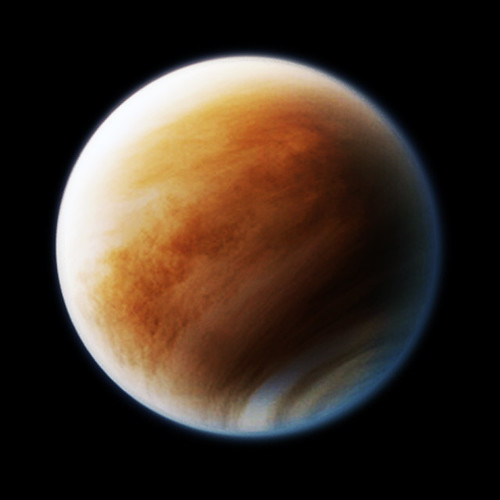Venus: The Next Frontier?

Photo by: J.GABÁS ESTEBAN
NASA finds chemical compound in Venus’s atmosphere, may point to microscopic life on the sister planet
After decades of searching for signs of life across the universe, NASA made a groundbreaking discovery that may point to extraterrestrial organisms right in our own backyard. Last month, researchers located the gaseous compound -phosphine- in Venus’s atmosphere, which may be associated with life forms on the second planet.
Phosphine is a highly flammable, toxic compound that exists naturally in relatively small amounts in the Earth’s atmosphere. The compound is known to be produced by anaerobic microorganisms, which scientists theorize are producing the bio signal in the high layer of Venus’s atmosphere. [Science Magazine].
The compound’s microwaves were detected by telescopes in Hawaii and Chile. The researchers involved in the discovery further concluded that the origin of the chemical is not from a geological factor. “If it is not life, then we have to revisit our understanding of what the planet itself can do,” said Janus Petkowski, an astrobiologist at the Massachusetts Institute of Technology to the Chemical and Engineering News. “Because it means that planets are much better chemists than we previously believed.”
If researchers can prove that the atmospheric phosphine is being produced by microorganisms, it will be a significant breakthrough in the understanding of life outside of Earth’s biosphere, especially in planets like Venus that are presumed to be uninhabitable due to harsh conditions [Scientific American].
The belief of life on Venus isn’t accepted by everyone in the field, with some scientists suggesting instead “that that the gas could result from unexplained atmospheric or geologic processes” within a domain that remains relatively uncharted. However, the findings are most certainly going to harbor more research into the source of the chemical, and how it may change our perspective of the planet [New York Times].
Researchers plan to dive deeper into the exploration of Venus’s atmosphere, with hopes of confirming whether or not life outside Earth is possible. “We know that this is an extraordinary discovery,” said Harvard University molecular astrophysicist, Clara Sousa-Silva, to the New York Times. “We may not know just how extraordinary without going back to Venus.”

